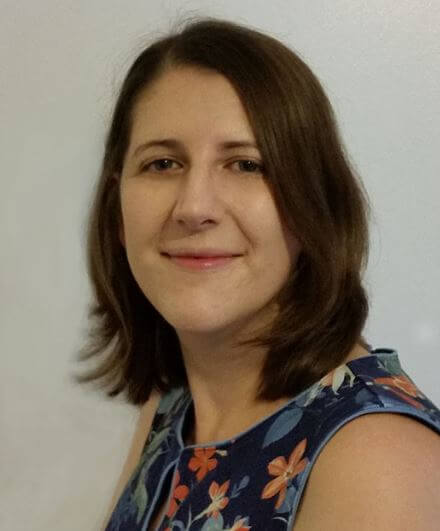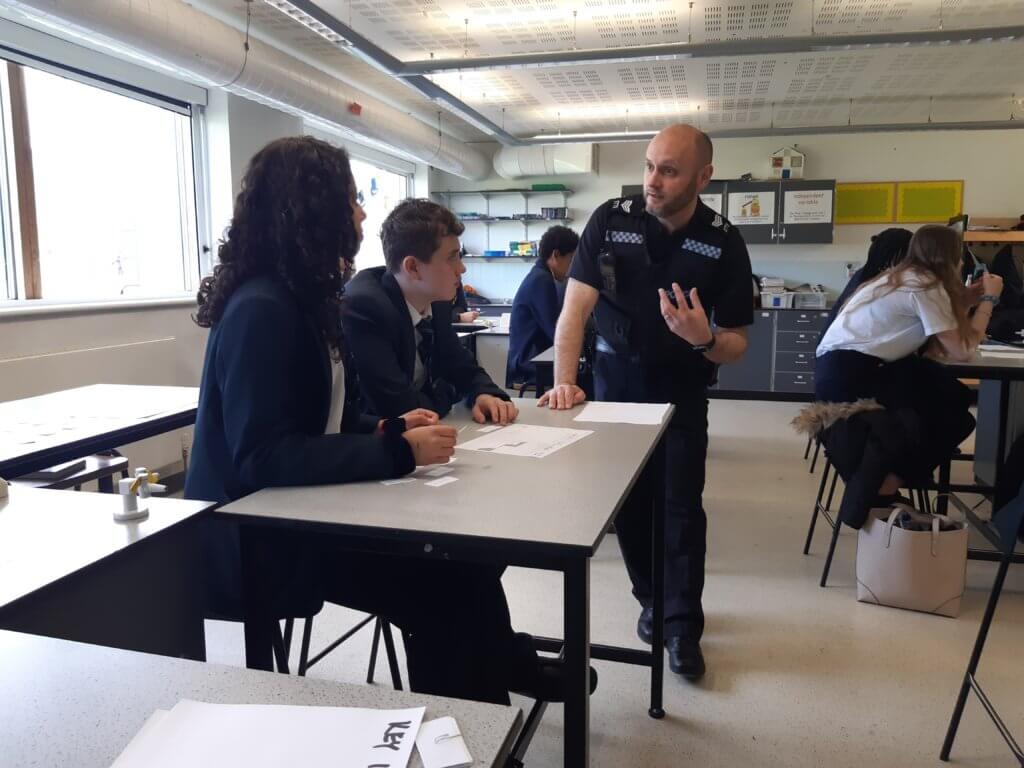The importance of Personal, Social, Health & Economic (PSHE) education for young people

Recent statutory changes for aspects of Personal, Social, Health and Economic (PSHE) education mean that young people across the country are expected to learn about the legal context for many health and relationships decisions.
This is vitally important as we consider how a young person is best prepared for their life ahead. Success at school is not only in attaining academically; it must surely include them able to acknowledge the risks they will face in life, the consequences of their decisions, how to support their friends and how to resist negative influences from others.
Police officers have a unique understanding of not just the law, but of the application of the law alongside knowledge of local trends. Schools officers sharing their expertise can enhance learning and add authenticity on key PSHE topics.
The PSHE Association is the national body for PSHE education with a remit to improve the status and quality of the subject across the country. We have been delighted to work with Thames Valley Violence Reduction Unit on a new project to ensure officer contributions to PSHE education are of maximum benefit to both teachers and pupils.
Our recently-released guidance document – Police in the classroom: A handbook for police and PSHE teachers – explored safe and effective practice in facilitation of PSHE education by police officers.
Evidence shows that effective prevention education uses varied teaching approaches, is matched to a student’s developmental stage and is inclusive of the differences between students. Interestingly, it is clear that activity should take a positive approach, avoiding scare tactics to be most impactful.
The PSHE Association and National Police Chief’s Council (NPCC) recently completed a research study which found that learning on drugs and the law was enhanced when a police officer facilitated a lesson that was embedded as part of a well-planned approach. The trial was a success in terms of both improving students’ knowledge of the law on drugs, but also their perceptions of the police which ultimately leads to stronger, safer communities.
The model used was for a package of three lessons, with the teacher delivering the initial drug education lesson to set the context to the learning. The second lesson is then led and taught entirely by a visiting police officer. The third lesson is then taught again by the teacher, able to consolidate the learning. This reflects good practice in embedding learning as part of a wider drug education programme.
Thames Valley Violence Reduction Unit recognised the potential for these materials to support their drug prevention strategy and commissioned the PSHE Association to adapt them in light of the research review and local context, with additional insights provided from The Loop – a charity providing drug harm reduction and welfare support.
The result is a set of three lessons which officers can use in collaboration with PSHE teachers to provide effective and engaging drug use prevention learning. All 16 of Thames Valley Police’s Schools Officers are now to receive training which is in line with our approach, certified to a set standard.
The lessons include content on drug types and managing peer influence, as well as the law on substance use. They contain interactive sessions which explore social norms within the class, able to positively harness the power of peer expectations. Through these, the group learns that the majority young people are not involved in drug use and this in turn assist in challenging misconceptions around drug use prevalence.
We know how important effective Personal, Social & Health Education is to equip young people with the wider life-skills they need to be successful. This is why we are so excited to have had the opportunity to work with Thames Valley Violence Reduction Unit on this project, and on a further package of resources which focus on reduction of serious violence.
The PSHE Association’s Drug and alcohol education lesson pack provides further materials to support teaching colleagues to deliver complementary learning, and further information on the NPCC collaboration study can be found here. To keep up to date on our future projects, sign up to our mailing list at www.pshe-association.org.uk.
Anne Bell is a Subject Specialist for the PSHE Association
